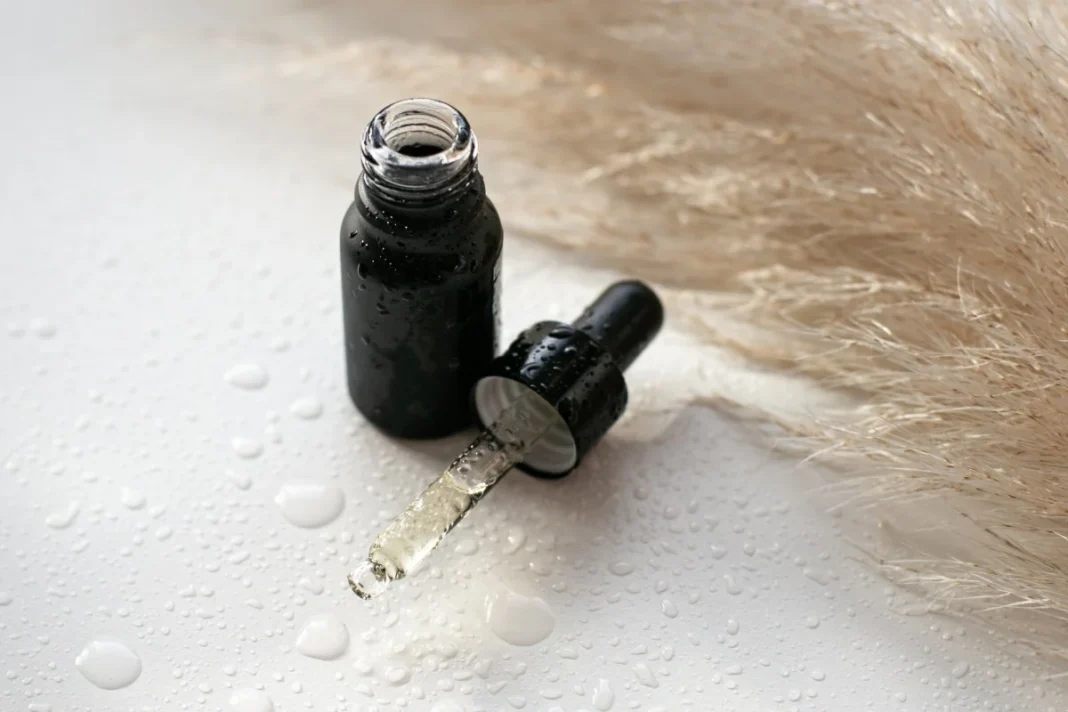Have you ever wondered what it would be like to have skin that is always hydrated and glowing, without having to rely on synthetic ingredients or chemicals? Well, look no further than nature itself for the answer. There are countless natural ingredients that can do wonders for your skin, and in this blog post, we’ll be exploring some of the best ones.
One of the most popular ingredients in skincare products is hyaluronic acid. It’s a powerful humectant that can hold up to 1000 times its weight in water, making it an excellent ingredient for hydrating and plumping the skin. However, if you’re looking for natural alternatives to hyaluronic acid, there are several options available.
1. Aloe Vera: Aloe vera is a plant that is known for its soothing and hydrating properties. It contains a variety of antioxidants and vitamins that can help to nourish and protect the skin. To use aloe vera for hydration, simply apply it to your face or body as a mask or moisturizer.
2. Rosehip Seed Oil: Rosehip seed oil is derived from the seeds of roses and is rich in essential fatty acids and vitamins. It can help to hydrate and nourish the skin, while also reducing inflammation and improving skin texture. You can use rosehip seed oil alone or combine it with other ingredients to create a custom skincare serum.
3. Jojoba Oil: Jojoba oil is a liquid wax that is extracted from the seeds of the jojoba plant. It is similar to the natural oils produced by our skin, making it an excellent moisturizer. Jojoba oil can help to hydrate and balance the skin, while also reducing the appearance of fine lines and wrinkles.
4. Hemp Seed Oil: Hemp seed oil is derived from the seeds of the hemp plant and is rich in essential fatty acids and antioxidants. It can help to hydrate and nourish the skin, while also reducing inflammation and protecting against free radical damage. You can use hemp seed oil alone or combine it with other ingredients to create a custom skincare serum.
5. Shea Butter: Shea butter is a fat that is extracted from the nuts of the shea tree. It is rich in vitamins and antioxidants and has been used for centuries to hydrate and nourish the skin. Shea butter can be used alone or combined with other ingredients to create a custom body butter or lotion.
6. Coconut Oil: Coconut oil is a versatile oil that is derived from the flesh of coconuts. It is rich in antioxidants and fatty acids and can help to hydrate and nourish the skin. Coconut oil can be used alone or combined with other ingredients to create a custom body butter or lotion.
7. Marula Oil: Marula oil is derived from the kernels of the marula tree and is rich in antioxidants and essential fatty acids. It can help to hydrate and nourish the skin, while also reducing inflammation and protecting against free radical damage. You can use marula oil alone or combine it with other ingredients to create a custom skincare serum.
In conclusion, there are many natural alternatives to hyaluronic acid that can keep your skin hydrated and looking its best. From aloe vera and rosehip seed oil to jojoba oil and shea butter, these ingredients are all-natural and free from synthetic chemicals. So, why not give them a try and see the difference they can make for your skin?

